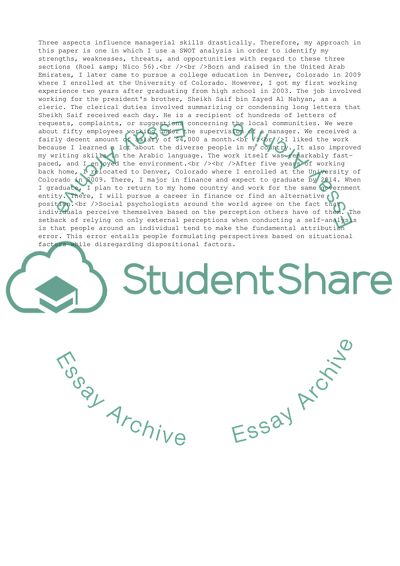Cite this document
(Action Plan for My Professional Development Essay, n.d.)
Action Plan for My Professional Development Essay. https://studentshare.org/management/1773962-management-paper
Action Plan for My Professional Development Essay. https://studentshare.org/management/1773962-management-paper
(Action Plan for My Professional Development Essay)
Action Plan for My Professional Development Essay. https://studentshare.org/management/1773962-management-paper.
Action Plan for My Professional Development Essay. https://studentshare.org/management/1773962-management-paper.
“Action Plan for My Professional Development Essay”. https://studentshare.org/management/1773962-management-paper.


